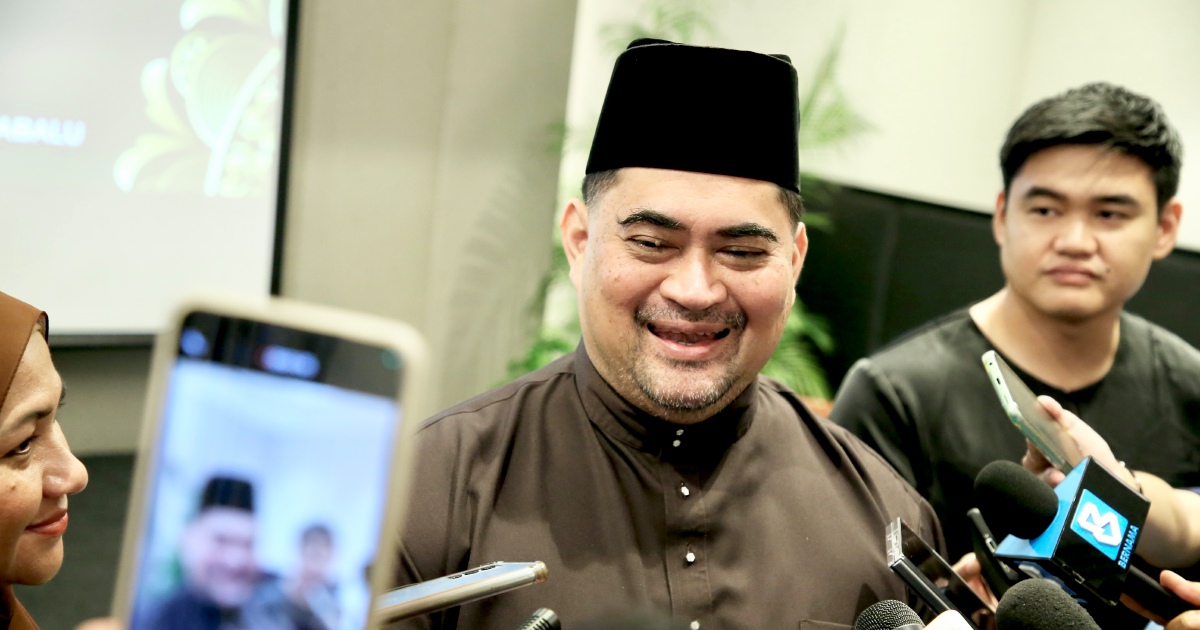KOTA KINABALU: Static water tanks for underserved communities and demolishing illegal squatter areas are some of the actions being taken to tackle water thefts in the state.
State Works Minister Datuk Shahelmey Yahya said: “The government is aware of complaints about low water pressure, particularly in areas like Likas, and identified one of the root causes as unauthorised connections from squatter settlements tapping into old water pipes.
“I’ve asked the Water Department to continuously monitor and address these challenges.
“We are also working to minimise water theft by supplying static tanks. For example, we recently provided static tanks in Kampung Brunei, but we faced land issues that we are now working to resolve,” he told the media during his Raya open house at Dewan Sri Putatan here.
Shahelmey said that while enforcement was a priority, the state was also sensitive to the needs of communities with limited access to clean water.
“For areas where the people are undocumented, the authorities will take action through demolitions.
“However, if locals are staying at the squatter areas we provide static tanks to minismise illegal connection — with the understanding that water from these tanks should be paid for, not distributed freely,” he said.
This week, several areas in the state capital including Universiti Malaysia Sabah, State Legislative Assembly building, were affected by water disruption due to broken pipes at Bakut in Tuaran and Kampung Brunei in Sepanggar.
The water supply is reported to be back to normal as of press time.
Looking ahead, Shahelmey, who is also deputy chief minister, said that the water pressure issue in affected areas would ease significantly by early July.
“The new main pipe is expected to be ready for testing and commissioning by the end of June. Once operational, the combined output from the Telibong 1 and Telibong 2 treatment plants will reach optimal capacity.
“Currently, the supply is still limited to around 100 to 105 million litres per day,” he added.
Commenting on his meeting with federal Public Works minister Datuk Seri Alexander Nanta Linggi tomorrow, Shahelmey said that they would discuss measures to ensure Phase 1B of Pan Borneo Highway project would not face similar delays or challenges as in Phase 1A.
“My main worry is on the utility relocation because sometimes there are internal departmental procedures, and departmental budgets that we need to comply with.
“That’s why we do the monthly meeting to make sure that any potential risks that may cause further delay would be addressed early on.”
© New Straits Times Press (M) Bhd

